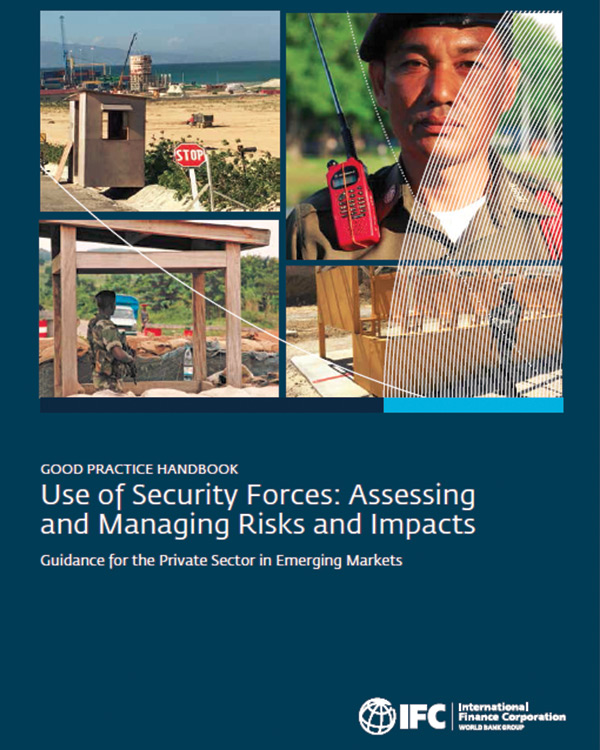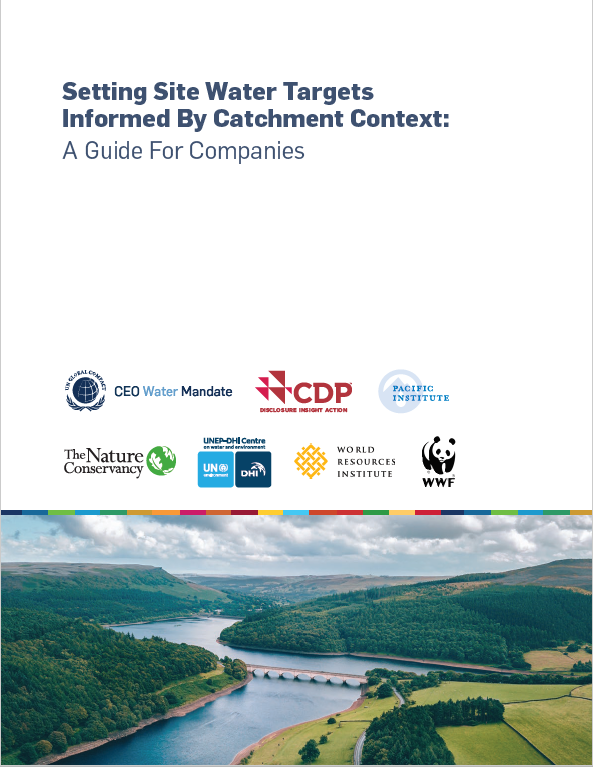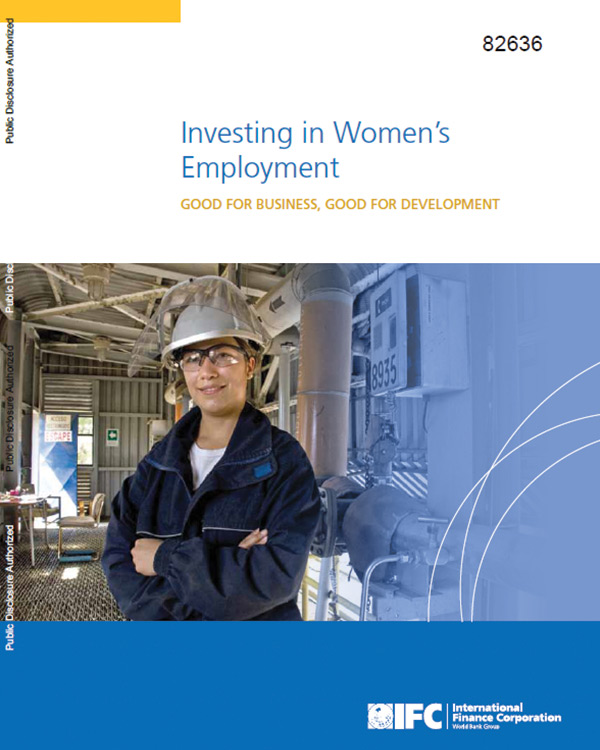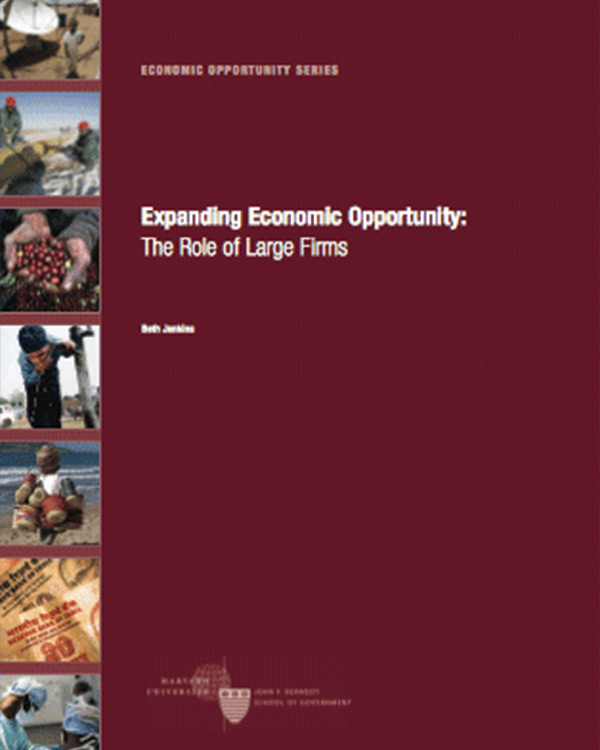Publication
Jul 24, 2017
IFC, UNDP & IPIECA
Achieving the SDGs by the target of 2030 will require unprecedented cooperation and collaboration among governments, non-governmental organizations, development partners, the private sector and communities. While governments have the primary responsibility to prioritize and implement approaches to meeting the SDGs, the private sector and civil society will play a critical role in the implementation of national plans. Indeed, governments are likely to rely to a high degree on businesses and investors in support of delivery.
The oil and gas sector is an important global industry and, as this Atlas demonstrates, it can have both positive and negative impacts on a range of areas covered by the SDGs. The Atlas is intended to facilitate conversation on, and greater awareness of, the ways in which oil and gas companies, working both individually and collaboratively with governments, communities, civil society and other partners, can help to achieve the SDGs.
The Atlas aims to facilitate three outcomes:
- Enhanced understanding of the relationship between the SDGs and the oil and gas industry.
- Increased awareness of the opportunities and challenges that the SDGs pose for the oil and gas industry and its stakeholders, and the ways in which the industry might address them.
- Multi-stakeholder dialogue and collaboration towards enhancing the contribution of the oil and gas sector to the achievement of the SDGs.
Share
-
Share on Facebook
Share on Facebook
-
Share on Twitter
Share on Twitter
- Share on Linkedin
- Share by Mail
Related Content
Use of Security Forces: Assessing and Managing Risks and Impacts
Gender
Health Impacts
Human Rights and Security
Indigenous Peoples
Land Access and Resettlement
Local Government and Development
Local Supplier Development
Stakeholder Engagement
Sustainable Livelihoods and Skills Building
Water and Communities
Setting Site Water Targets Informed By Catchment Context: A Guide For Companies
Gender
Health Impacts
Human Rights and Security
Indigenous Peoples
Land Access and Resettlement
Local Government and Development
Local Supplier Development
Stakeholder Engagement
Sustainable Livelihoods and Skills Building
Water and Communities
Investing in Women’s Employment
Gender
Health Impacts
Human Rights and Security
Indigenous Peoples
Land Access and Resettlement
Local Government and Development
Local Supplier Development
Stakeholder Engagement
Sustainable Livelihoods and Skills Building
Water and Communities
Expanding Economic Opportunity: The Role of Large Firms
Gender
Health Impacts
Human Rights and Security
Indigenous Peoples
Land Access and Resettlement
Local Government and Development
Local Supplier Development
Stakeholder Engagement
Sustainable Livelihoods and Skills Building
Water and Communities
- IFC
- IFC Sustainable Infrastructure Advisory
- IFC Infrastructure
- IFC Oil, Gas and Mining
- IFC Performance Standards
- IFC Sustainability
- IFC Telecoms, Media, and Technology
- IFC Financial Valuation Tool
- PPP Knowledge Lab
- World Bank Open Data
- World Bank Extractive Industries
- GOXI Sharing in Governance of Extractive Industries



